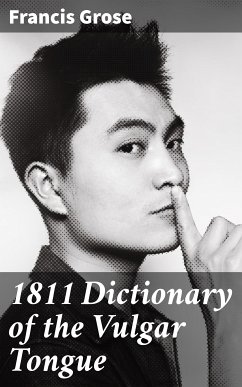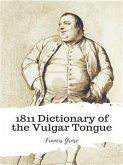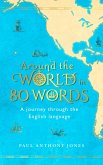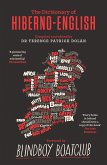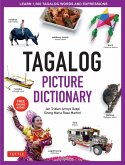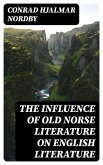In his seminal work, "1811 Dictionary of the Vulgar Tongue," Francis Grose compiles an extensive lexicon of colloquial language, showcasing the rich tapestry of 19th-century British vernacular. This lexicon not only defines various slang terms but also provides context through illustrative examples, reflecting the social fabric of its time. Grose'Äôs literary style demonstrates a keen observational wit, mixing humor with a keen sense of the nuances in everyday speech, all while situating the work within the broader literary tradition of satirical lexicography popularized in the late Enlightenment. Francis Grose, a surveyor, antiquarian, and lexicographer, is celebrated for his deep interest in the peculiarities of language and British culture. His pursuits in the fields of topography and archaeology likely influenced his desire to document the evolving vernacular of his time, preserving the unique phrases and expressions that characterized the speech of various social classes. Grose's work captures the colorful personalities and lively spirit of early 19th-century England, revealing insights into the cultural landscape of the era. For readers passionate about linguistics, social history, or the evolution of language, Grose's "Dictionary of the Vulgar Tongue" is an essential resource that illuminates the often-overlooked dimensions of everyday dialogue. With its unique blend of wit and scholarship, this dictionary offers both entertainment and scholarship, making it a delightful read for lovers of language and history.
Dieser Download kann aus rechtlichen Gründen nur mit Rechnungsadresse in A, B, BG, CY, CZ, D, DK, EW, E, FIN, F, GR, H, IRL, I, LT, L, LR, M, NL, PL, P, R, S, SLO, SK ausgeliefert werden.

